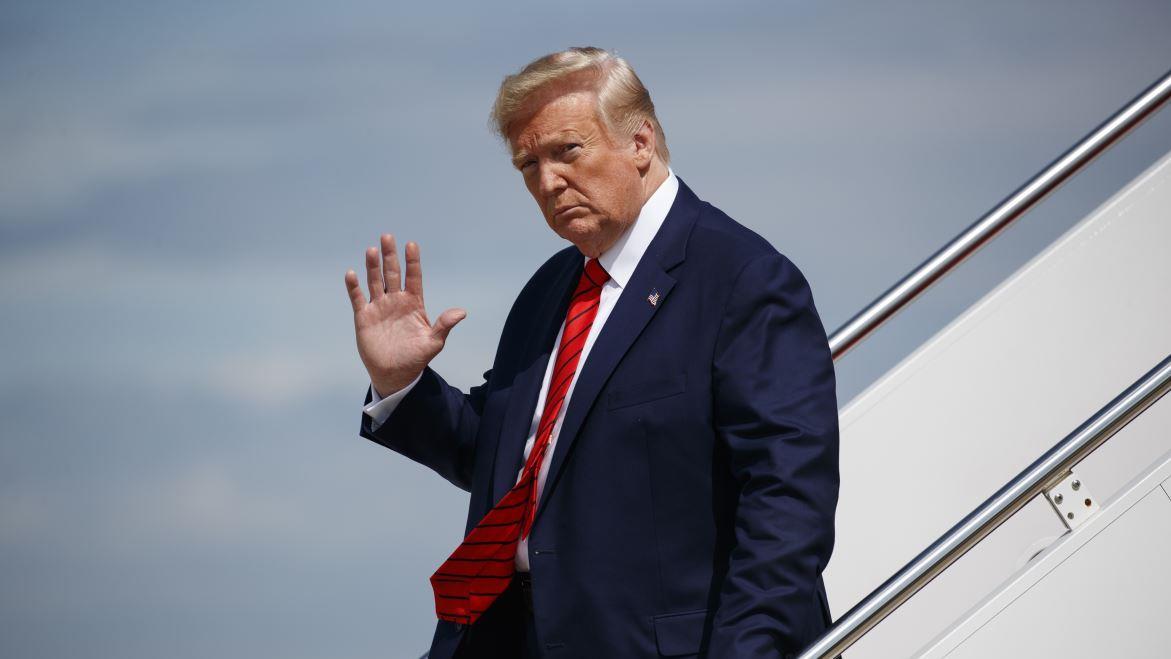Scott Denniston: Veteran small business owners need broadband to compete
Nearly half of the almost 3 million veterans living in rural areas do not have broadband access at home.
On Veterans Day, we honor and celebrate the men and women who have served in our nation’s armed forces. But to truly recognize our obligation to America’s veterans, we must continue to fight to ensure they have access to the opportunities they have earned.
Unfortunately, there are millions of veterans who remain stuck behind the digital divide without access to broadband internet. This digital divide can impact nearly every aspect of life for veterans. A lack of connectivity can prevent veterans from taking advantage of telehealth solutions, reduce the educational and career opportunities available to them and place veteran small business owners and innovators at a substantial disadvantage.
According to the U.S. Department of Veterans Affairs, there are approximately 2.7 million veterans who live in rural areas and nearly half of them, 42 percent, do not have broadband access at home. As the largest non-profit trade association in the country representing veteran and service-disabled veteran-owned small businesses in the federal marketplace, the National Veterans Small Business Coalition (NVSBC) believes Washington must act to eliminate the digital divide.
GET FOX BUSINESS ON THE GO BY CLICKING HERE
Veteran small business owners and innovators should not be held back from economic and federal contracting opportunities because of a lack of broadband connectivity where they live. The nation as a whole benefits from veterans continuing to serve their country through enterprises and selling goods to the federal government — and we must support their ability to conduct that business.
That is why the NVSBC recently joined a coalition called Connect Americans Now (CAN). The coalition, which represents over 200 members from a wide array of backgrounds, advocates for a mixed-technology approach to eliminating the rural broadband gap that we agree must include innovative solutions like TV white space (TVWS) technology.
CLICK HERE TO READ MORE ON FOX BUSINESS
This wireless solution, that uses empty television channels to transmit broadband service, can travel great distances and penetrate barriers like mountains and dense forests — making it particularly well-suited to deployments in rural areas.
Mixed-technology deployments, that leverage traditional technologies alongside innovative solutions, have the potential to completely eliminate the digital divide in rural America quickly and at a fraction of the cost of relying on traditional technologies alone.
An analysis conducted by Boston Consulting Group found an all-of-the-above approach can reduce the cost of bridging the broadband gap by roughly 80 percent.
This kind of innovation is already helping America’s veterans get connected.
Microsoft recently announced a partnership with the Department of Veterans Affairs that will leverage mixed-technology networks through the company’s Airband Initiative to bring broadband access and telehealth solutions to currently unserved veterans. But in order to fully eliminate the digital divide and ensure America’s veteran-owned small businesses have the connectivity they need to compete; we need Washington to act.
LT GEN MICHAEL FERRITER: WHAT MILLENNIAL VETERANS CAN BRING TO YOUR COMPANY
The Federal Communications Commission under Chairman Pai’s leadership has already taken strong steps in the right direction to support innovation and tackle the digital divide. The FCC can keep the momentum going by clearing the remaining regulatory barriers to technologies like TV white space.
By continuing to support innovative solutions to bridging the digital divide, the FCC can do its part to honor and support America’s veterans — and empower them to build and expand businesses that give back to our nation and create opportunities in their communities.
Scott Denniston is the executive director of the National Veterans Small Business Coalition (NVSBC).




















